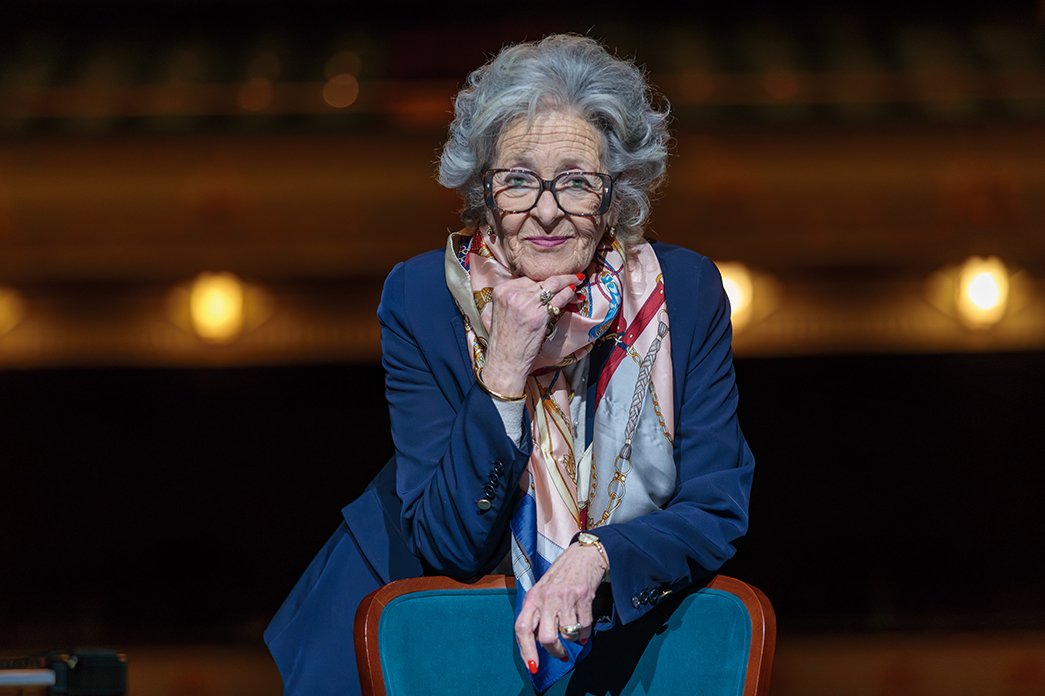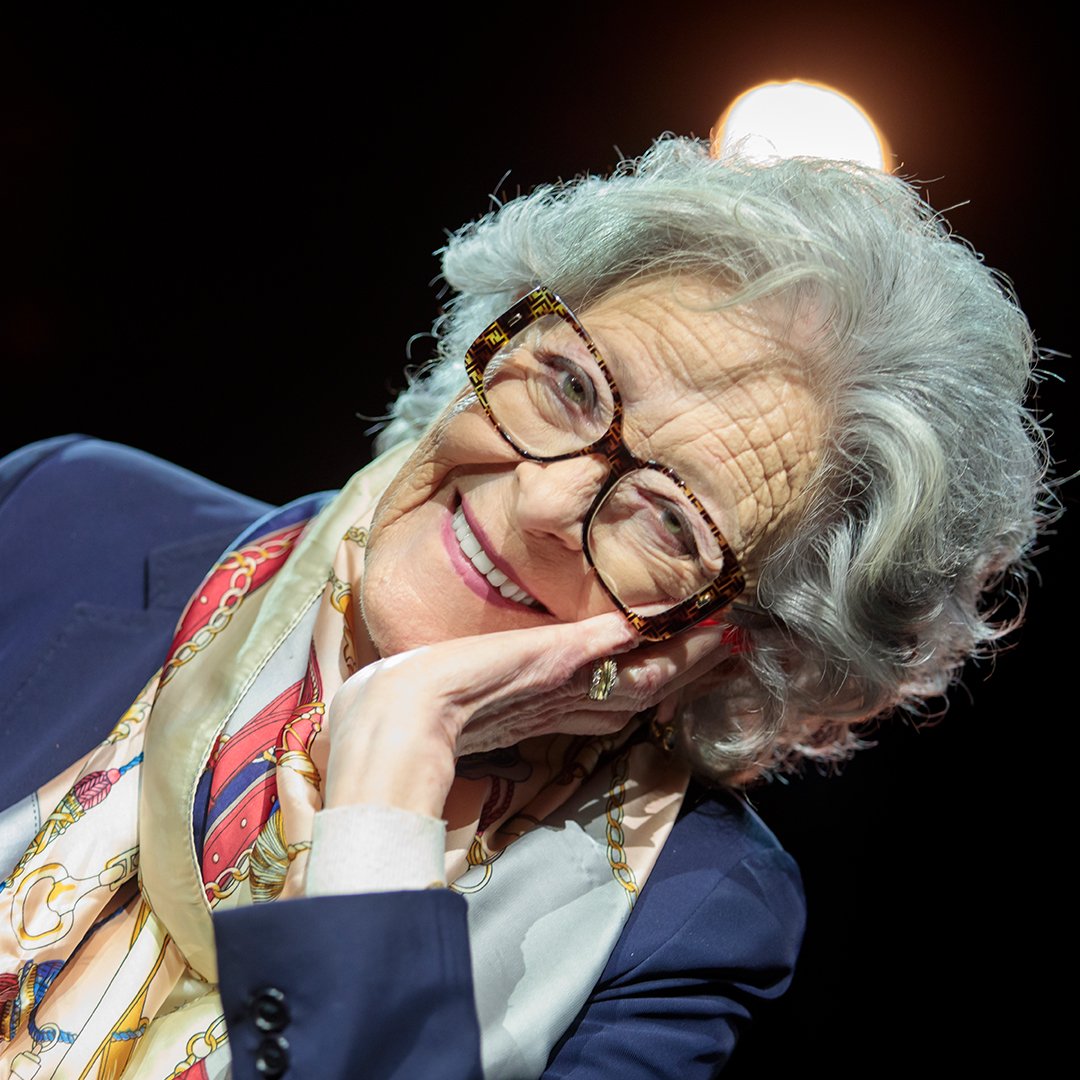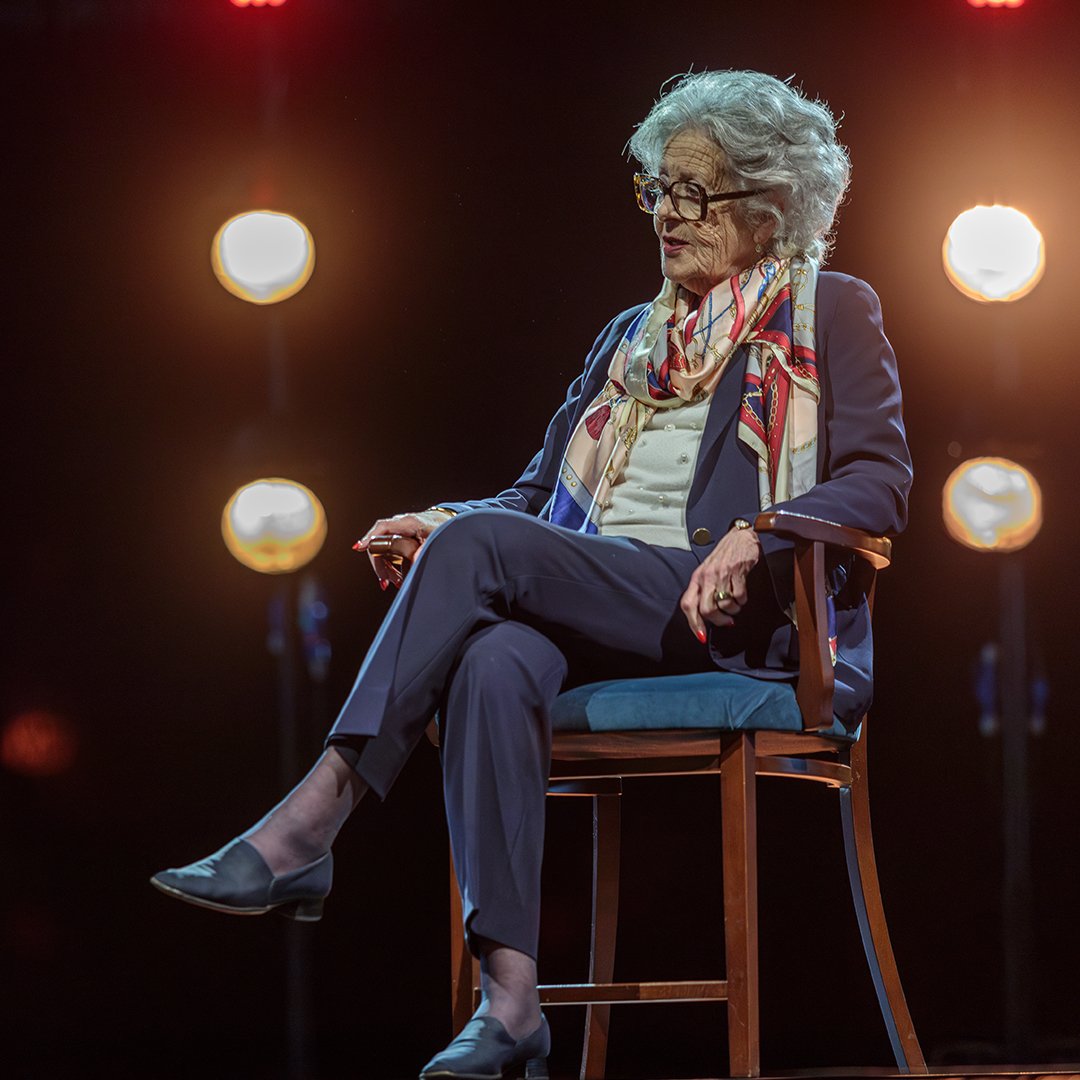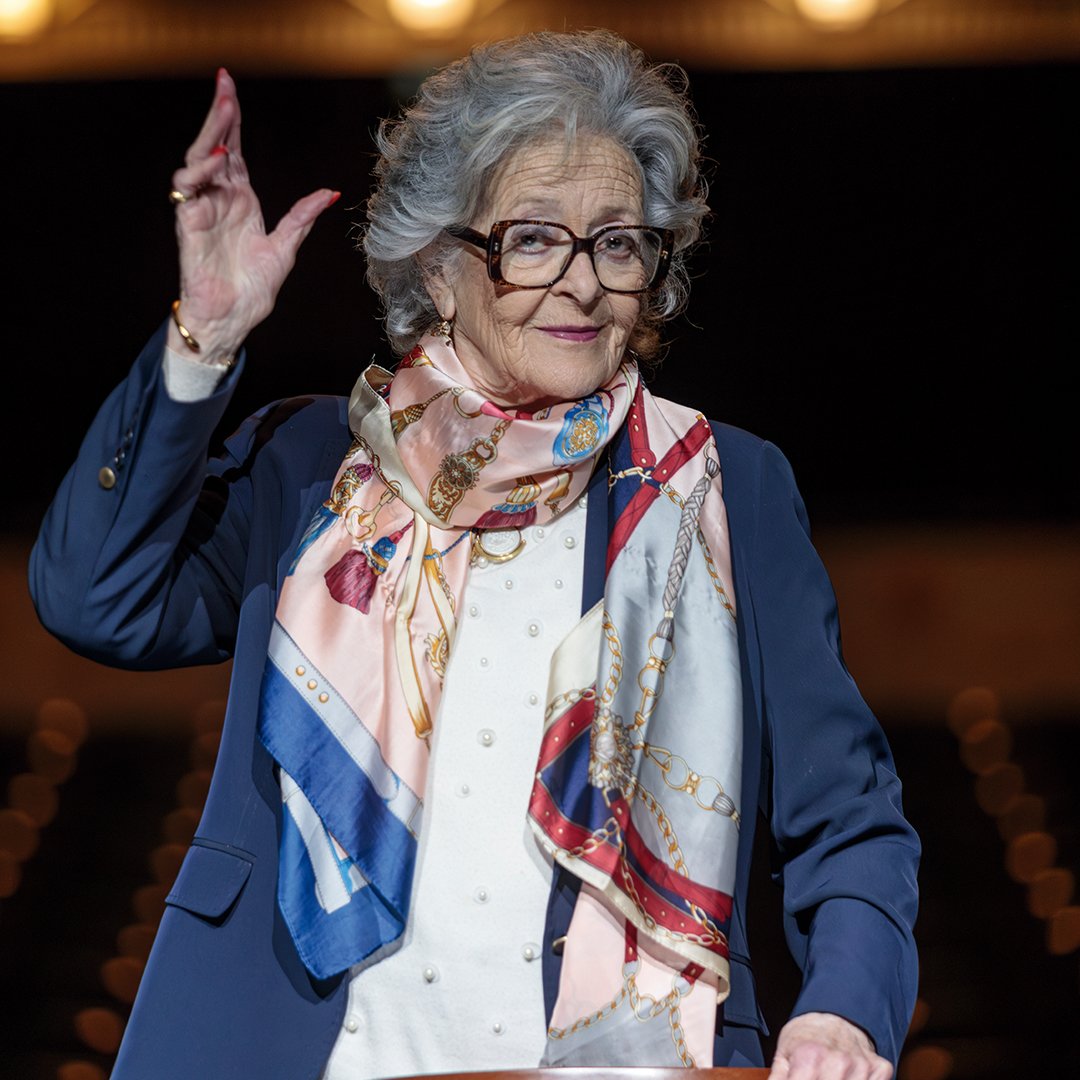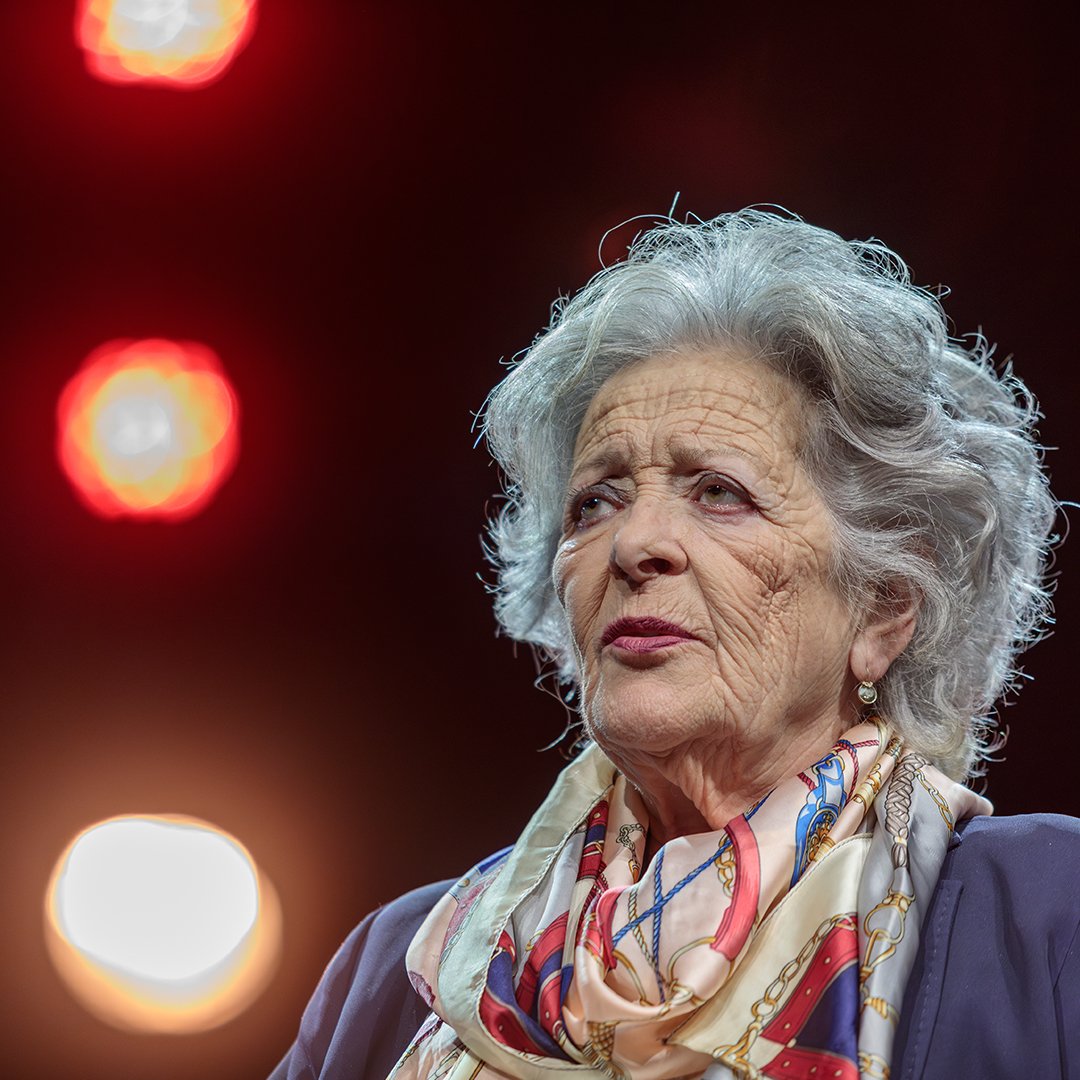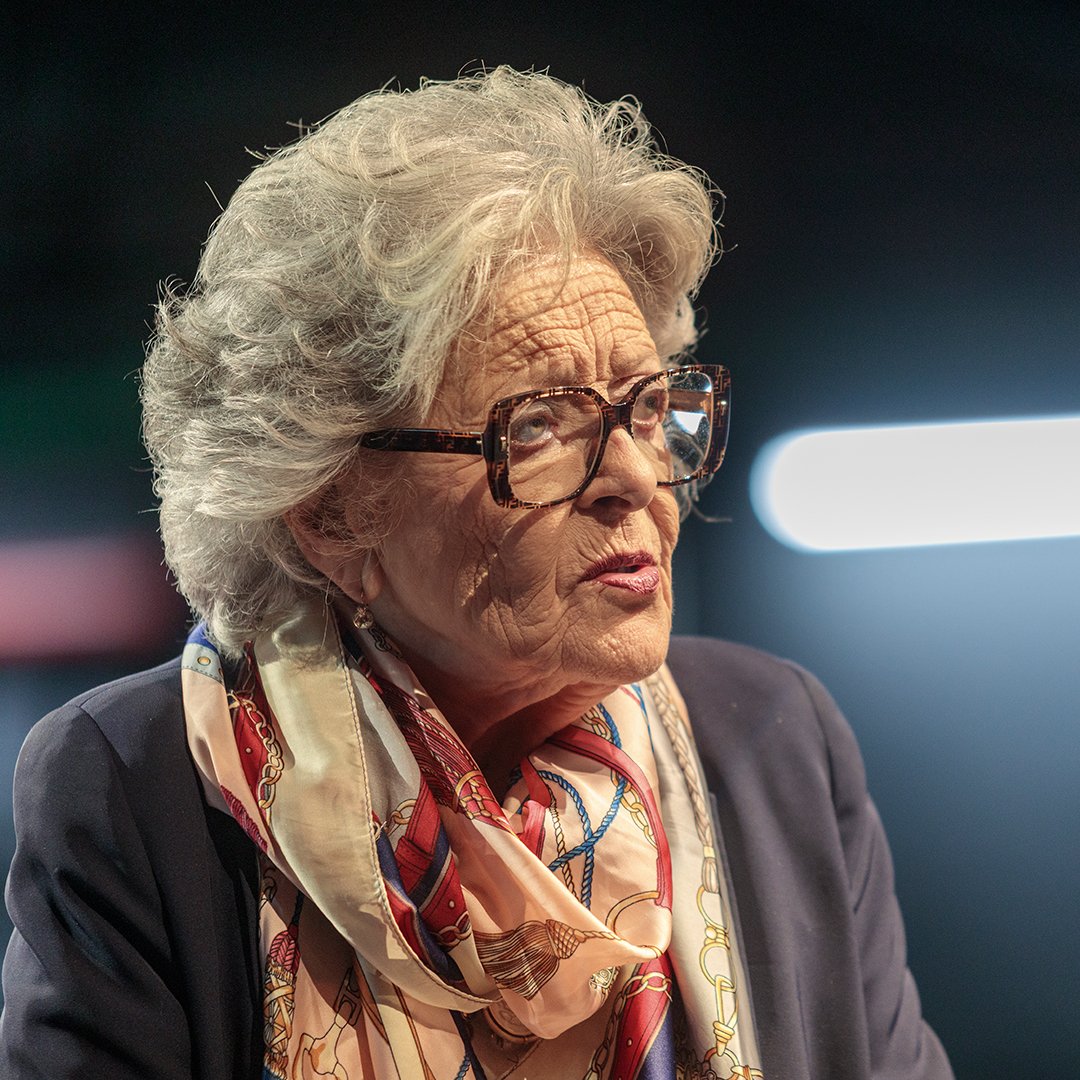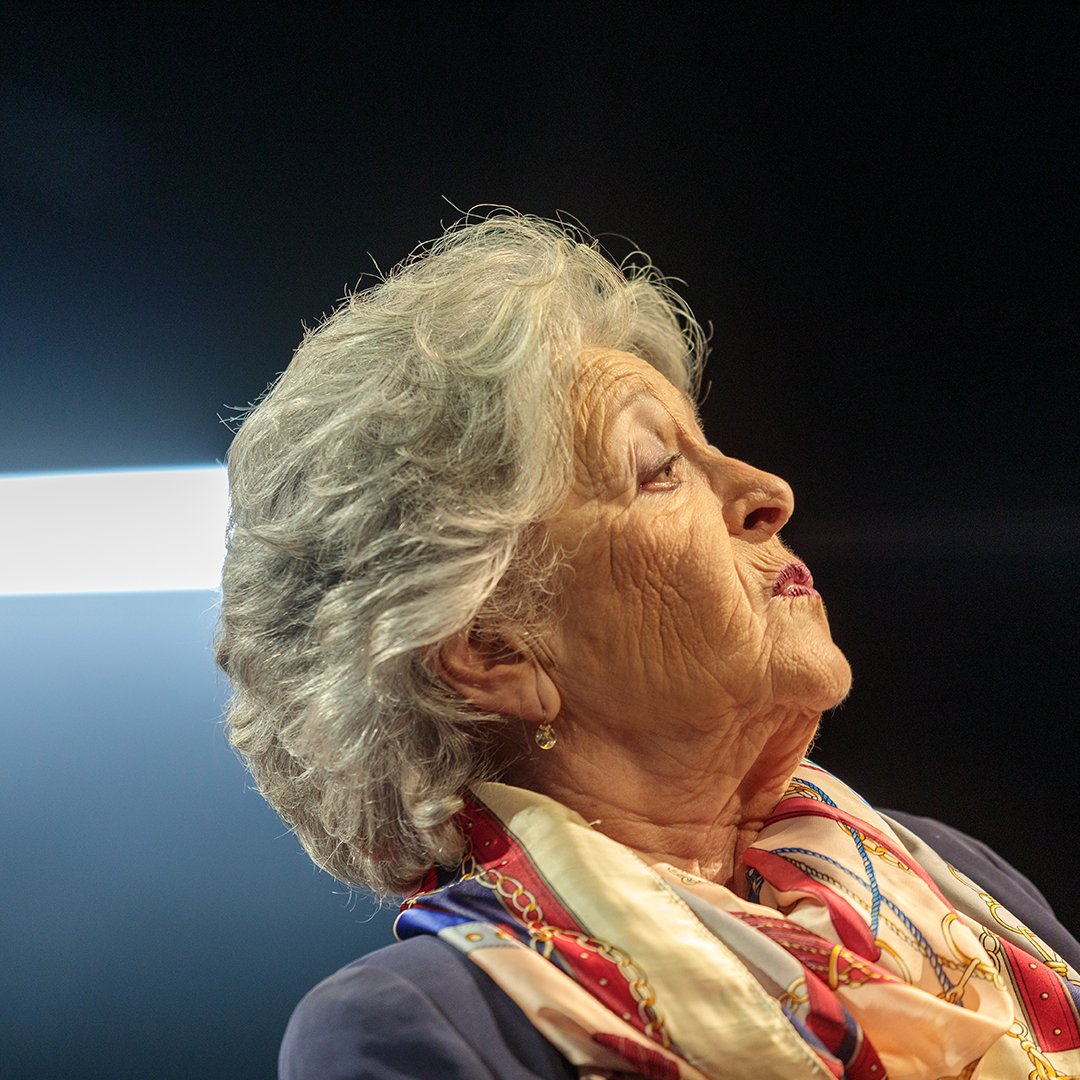When you were young, you sang Fado da Carta, by Fernanda Baptista, and Marco do Correio, by Alberto Ribeiro, for your mother, but you never dreamed of being an artist. What were you planning for your life at the time?
I have no idea, like any girl at that time. I don't know. I thought I'd study languages, get married without any dramas, something like that... I was never one to imagine too many things. I was very happy with my father, my mother and my sister.
You ended up attending the National Broadcaster’s Artist Training Centre, the first place you came across a microphone for the first time. At what point did you realise you were going to make a life out of music?
I joined the Artist Training Centre shortly after the end of a disastrous marriage in which I suffered a great deal of beatings. At the time, I ran away and moved in with my parents. As a matter of conscience, my father ended up taking me to the Training Centre, not with the intention of making me a singer, but so that I could be busy for three hours a day. I confess that my head was almost spinning, but then I started going to those programmes on the National Broadcaster on Fridays, where Maria do Espírito Santo and Alice Amaro would sing, and I began to fit in with that little group. In the same year, RTP came looking for singers at the Artist Training Centre. The first programme I did was on television, wearing a horrible dress. From then on, it was a string of jobs. I started singing here and there, but it wasn't until I did Sol de Inverno in 1965 and went to represent Portugal in Naples that I realised that music would make my life.
You took to the stage at the Portuguese ‘Song for Europe’ contest in 1969 to sing Desfolhada Portuguesa. How did the public react?
Let me tell you that the first song from the song contest to be broadcast was mine, and Maria da Fé, a great fado singer who sang Vento do Norte, sung in 12th place. When I heard her song, I immediately thought «that’s a winner», but in the meantime Desfolhada’s vote went up significantly and it took first place. I must confess I wasn’t expecting to win the contest at all.
The public gave Desfolhada Portuguesa a rousing reception. Some 54 years have passed and I’m still trying to understand why. At the time, I was coming back from Madrid by train and the train started to stop when I got to Lisbon. I wondered what was the matter. I realised a short while later that there were 23,000 people standing on the train tracks to see me. I remember seeing my father outside and him hugging me. I cried a lot. I still had to go up to the second floor of the station, to climb onto a stool on a table and sing Desfolhada, with a megaphone and the window open. The amazing thing was that people knew the song off by heart. How could they have memorised it in two days? I also remember an old man, at the time I was getting on the train, taking off his cap and saying: «Madam, what have you done to our country! ». The reality is that it was a problem of the country, a problem of anger, a problem of the lyric «quem faz um filho, fá-lo por gosto», meaning «whoever has a child, does it for pleasure». It basically comes from that phrase, which nobody would ever have said at the time.
In interviews, you reveal that your father never complimented you on the potential of your voice and that you can count on your fingers the number of times you came to one of your shows. Do you now understand why?
That's a good question. I have no idea. I have an idea that seeing me become an artist was the last thing on his mind. "This girl is completely crazy," I used to hear him say to my mum. As a matter of fact, I did have attitudes that nobody dared to have at the time. People got married, got beaten up and stayed at home and kept quiet. I got married, got beat up and ran away. If being married meant that, I didn't want it. Fortunately, I had a mum and dad who accepted me, and I went to their house and told them: " You might not want me to stay here with you, but even if I have to sleep on the street, I'm not going back there". And they realised that I wasn't going back, and I never did.
While the country slept in the gloom of censorship, you sang at the top of your lungs: Whoever has a child / does it for pleasure. Were you ever afraid of the consequences that could come from such a non-conformist and interventionist spirit?
I'm a woman who has no fear. It never occurred to me that I would be harmed for singing the truth.
One day I remember singing Sol de Inverno and then holding a press conference. During the session, an Italian journalist picked up on the words bandeira vencida / rasgada no chão, (defeated flag / torn on the floor) and asked me if that represented the lost struggle against Salazar. At that moment, the Portuguese delegation was staring at me, until I replied: «Look, you have got it all wrong. This is a music conference, I think you should go to a political conference, which might be in the same street, three doors down.» To this day I don’t know how I had the nerve to say that.
«Life has given me everything»
